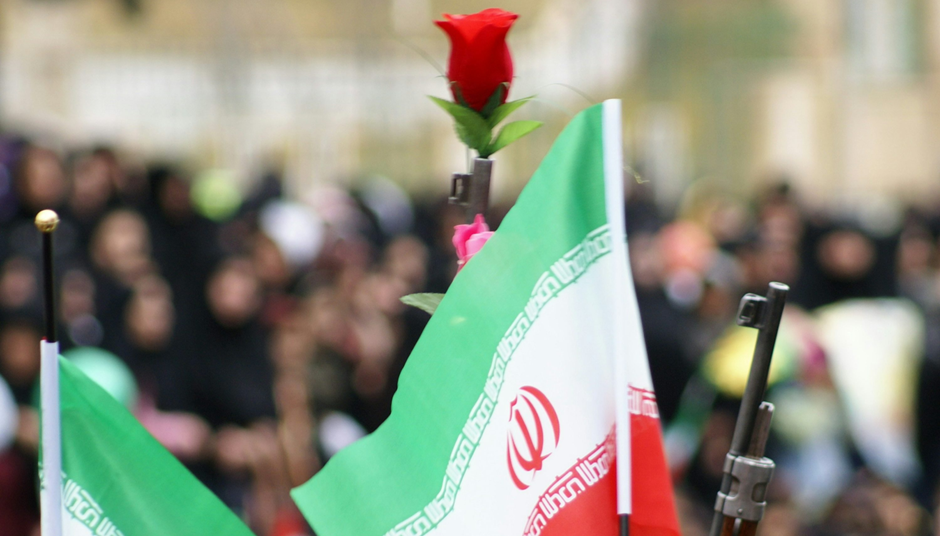
Although expected, it is not a move that was welcomed by anyone from Washington to Vienna. Iran's President Masoud Pezeshkian signed into law this week a suspension of cooperation with nuclear watchdogs, the International Atomic Energy Agency (IAEA). In chronological order, Iranian intelligence alleged the IAEA was colluding with Israel on June 10th, found to be in non-compliance of the Non-Proliferation Treaty (NPT) on June 12th, the same day Israel struck Tehran, and United States involvement occurred on June 22nd. This isn't merely another chapter in the long-running nuclear accusation by Israel to invite the U.S. to invade Iran; it's a calculated chess move where consent is manufactured and foreign boots on the ground are imminent. "Iran cannot and will not have a nuclear weapon," declared U.S. State Department spokesperson Tammy Bruce, but her words no longer bear weight as Iran drifts away from Western oversight toward Eastern cooperation. The Persian republic's change of heart represents more than nuclear brinkmanship; it's a symbolic severing of ties with a Western-dominated international order that has long sought to contain Iranian ambitions and freedom.
The nuclear suspension comes when Iran deepens its relationship with powers that were once scoffed at but now command centre stage. Russia's Rosatom continues building the Bushehr Nuclear Power Plant's second phase, ignoring Western sanctions that would make most companies fold. This isn't just about atoms and energy but autonomy from American authority and alliancy. Meanwhile, China's diplomatic coup in March 2023, brokering the historic Saudi-Iran reconciliation, served as a sign of Beijing's growing influence as a regional power broker, an expertise Washington once wielded greatly through its military might. Even the Gulf states are hedging their bets with careful diplomacy toward Tehran, with the Emirates, Qatar, and Oman quietly maintaining channels of communication, understanding that in a multipolar world, yesterday's enemies might become tomorrow's trading partners. This eastward orientation isn't accidental but architectural, building new foundations for international relations that bypass traditional Western gatekeepers, both a diversification strategy and caution against an iron fist.
As dollar dominance continues to decline and tariff wars have major economies trading blows, Trump's methods reveal America's defensive spin. The U.S. dollar's share of global foreign exchange reserves has slipped to a two-decade low of just under 60%, while central banks from Beijing to Brasília stockpile gold and diversify into alternative currencies. J.P. Morgan's analysis shows that foreign ownership of U.S. Treasuries has fallen from over 50% during the 2008 financial crisis to just 30% today, a waning confidence in America's financial supremacy. In commodity markets, the shift is even more pronounced: Russian oil flows eastward priced in yuan and roubles, while Saudi Arabia contemplates adding Chinese currency to its petroleum pricing mechanisms. Trump's response was a barrage of tariffs and threats of "reciprocal trade deals", revealing the reactive nature of American posture. Where once the U.S. could dictate terms through economic might, it now scrambles to maintain relevance through protectionist policies, emergency strategy, and military threats that may accelerate rather than stall the global pivot away from the dollar. Iran's nuclear defiance, Russia's energy partnerships, China's diplomatic mediation, and the Gulf states' strategic action all point toward a world where American hegemony faces its greatest challenge since the Cold War, just not from a single rival but a constellation of powers choosing cooperation over coercion.
Source: New York Times, Stimson Center, JP Morgan, World Economic Forums
Photos: Unsplash
